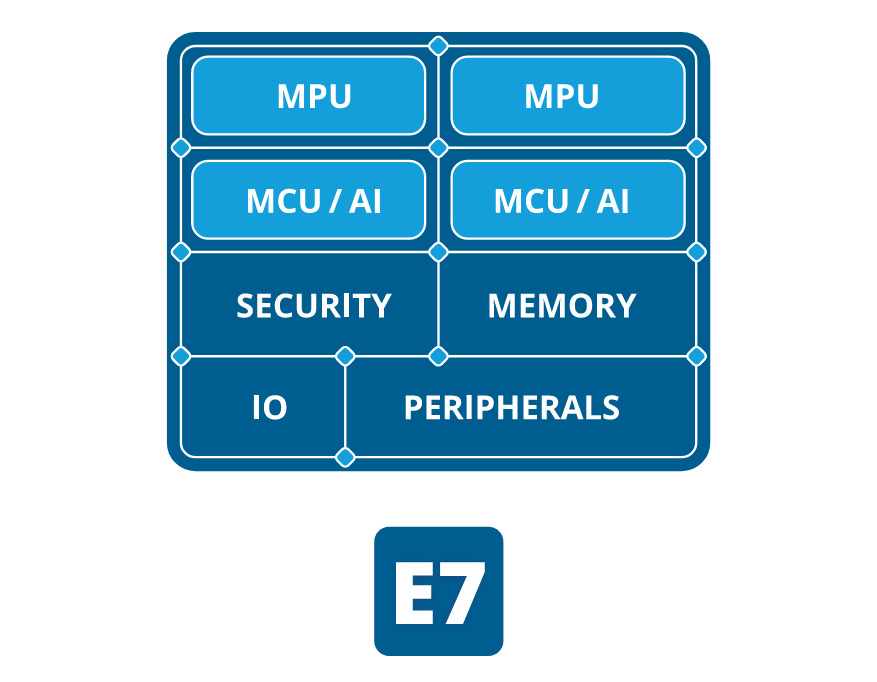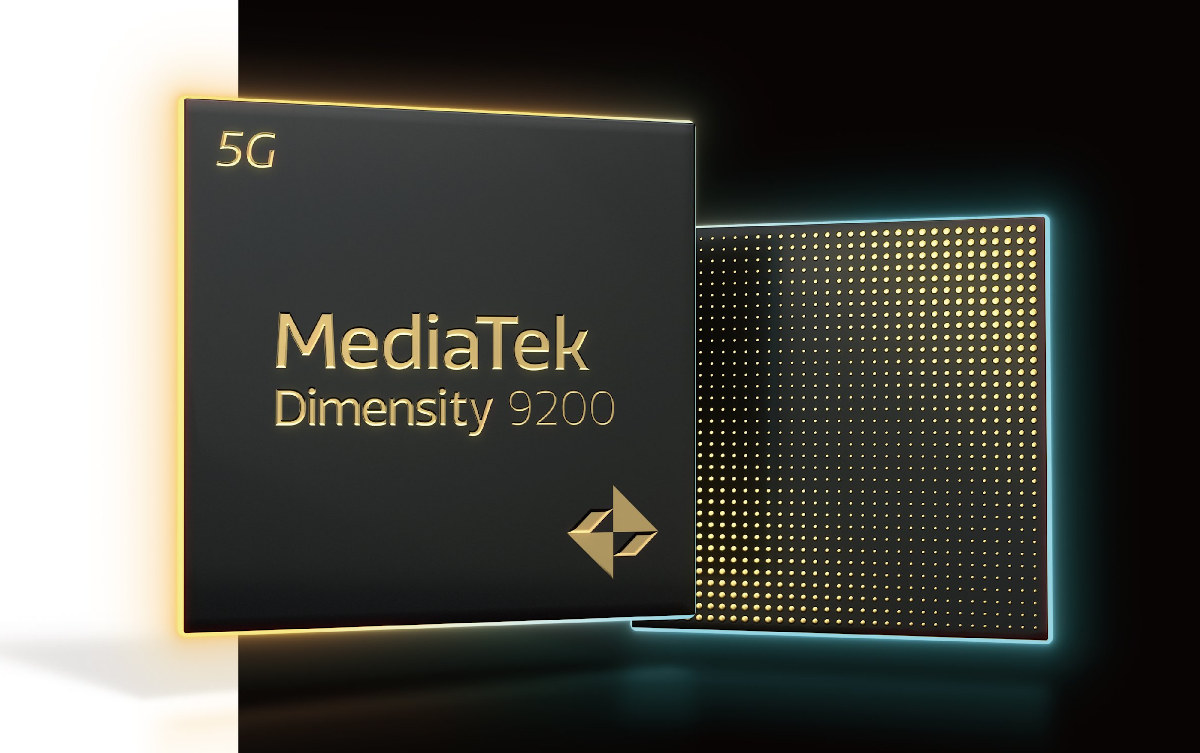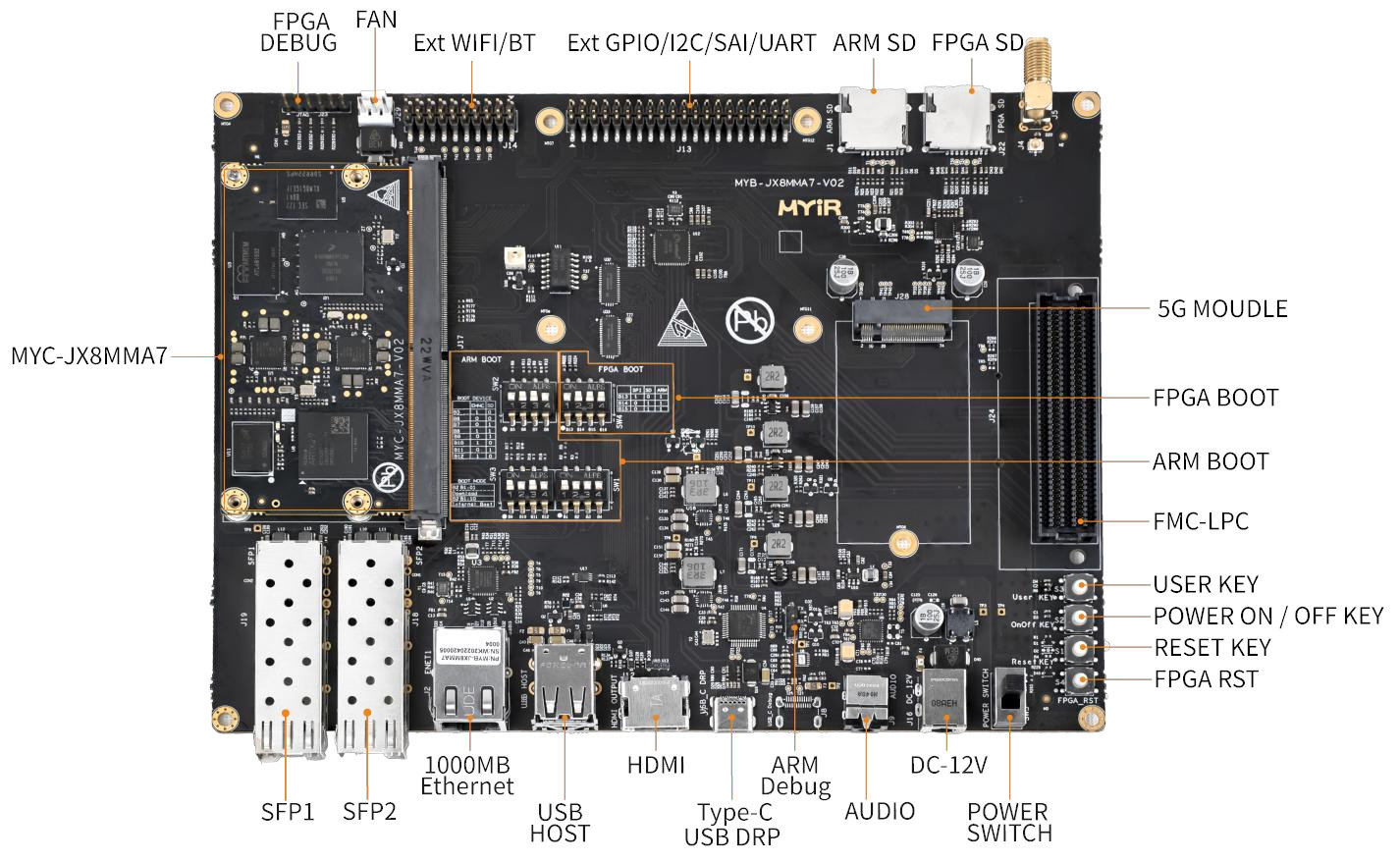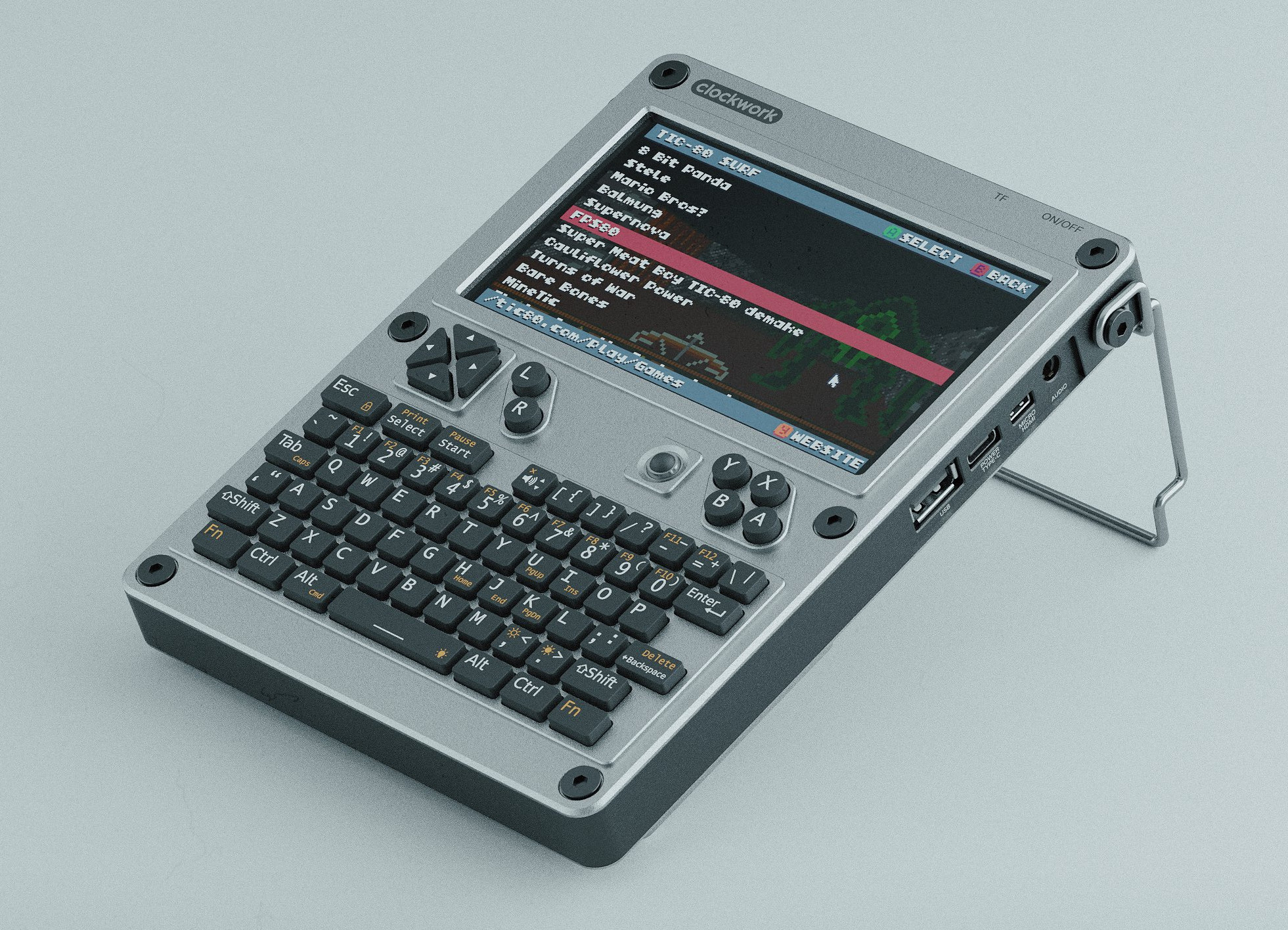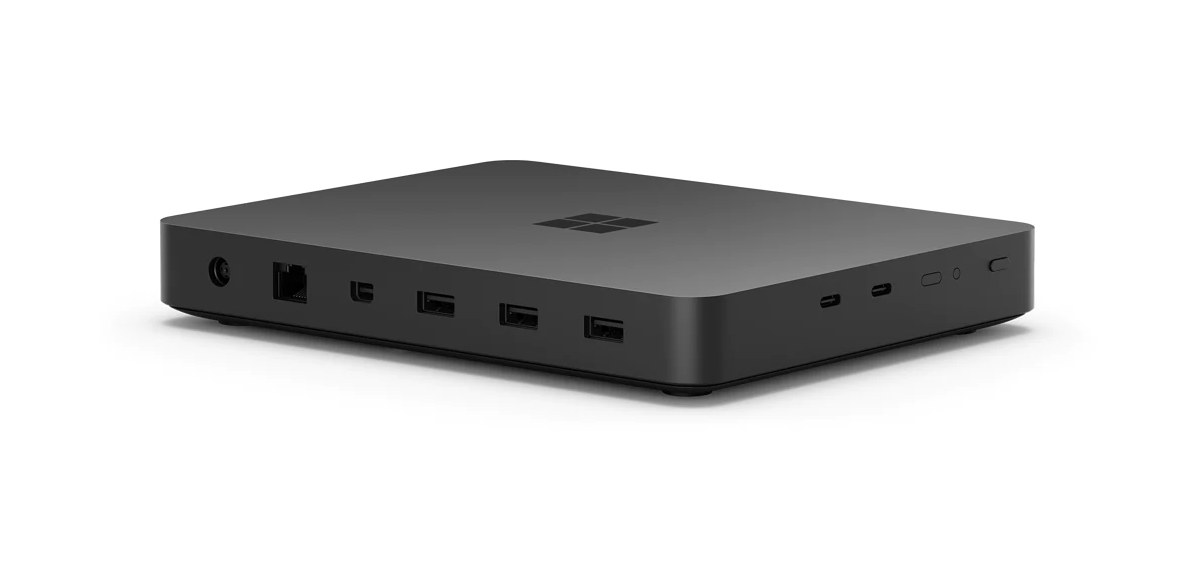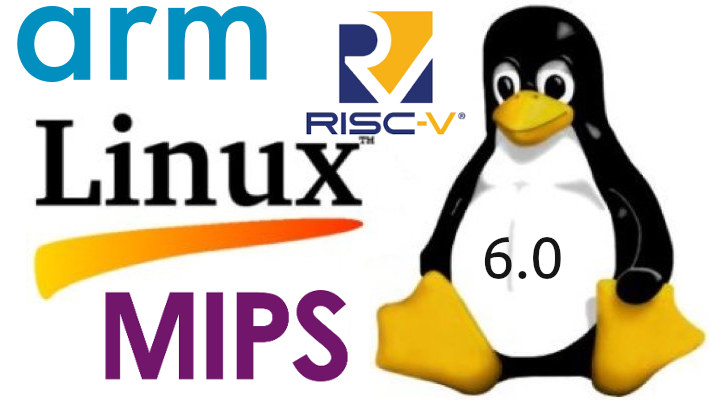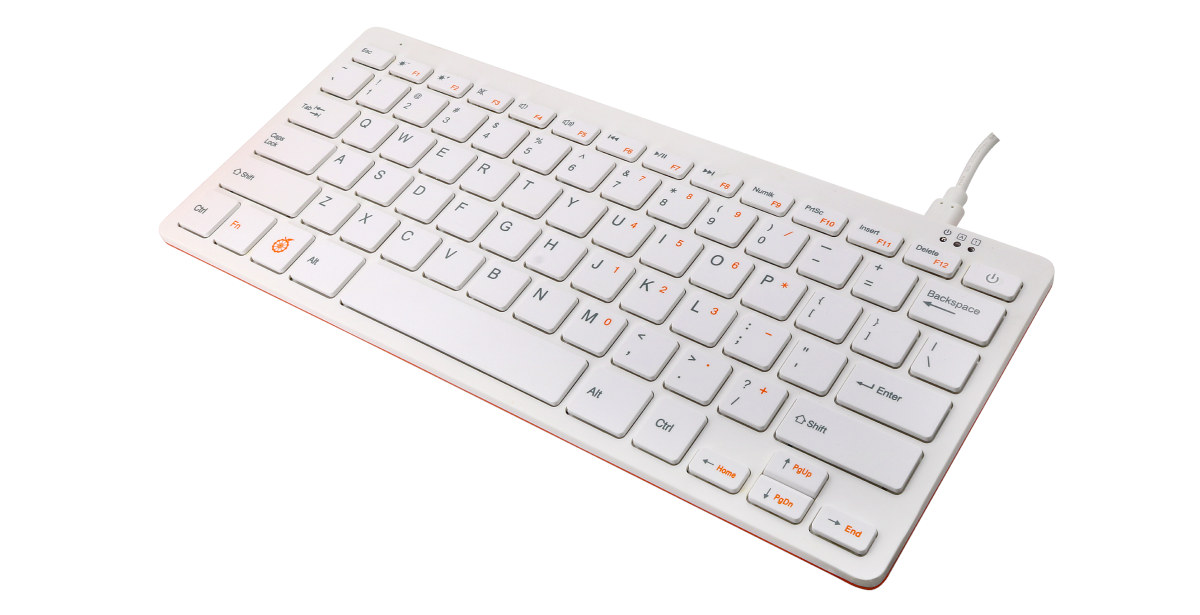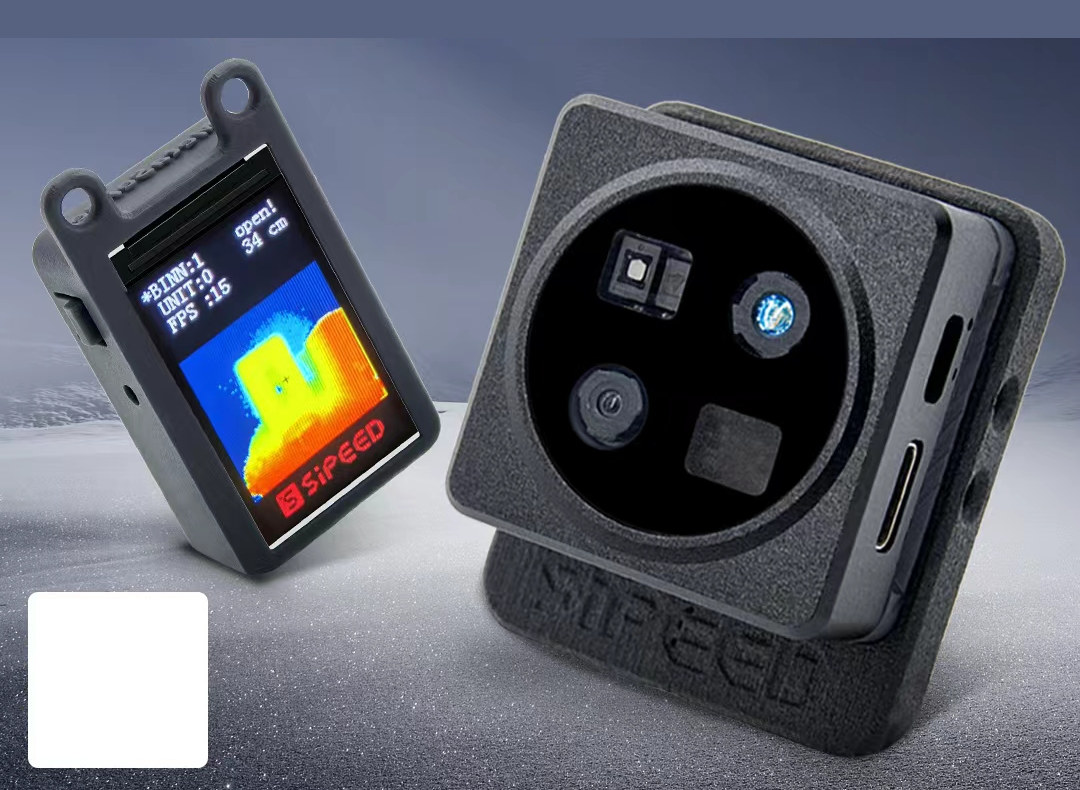Alif Semiconductor’s Ensemble is a family of processors and microcontrollers based on Arm Cortex-A32 and/or Cortex-M55 cores, one or two Ethos-U55 AI accelerators, and plenty of I/Os and peripherals. Four versions are available as follows: Alif E1 single-core MCU with one Cortex-M55 core @ 160 MHz, one Ethos U55 microNPU with 128 MAC/c Alif E3 dual-core MCU with one Cortex-M55 core @ 400 MHz, one Cortex-M55 core @ 160 MHz, one Ethos U55 with 256 MAC/c, one Ethos U55 with 128MAC/c Alif E5 triple-core fusion processor with one Cortex-A32 cores @ 800 MHz, one Cortex-M55 core @ 400 MHz, one Cortex-M55 core @ 160 MHz, one Ethos U55 with 256 MAC/c, one Ethos U55 with 128MAC/c Alif E7 quad-core fusion processor with two Cortex-A32 cores @ 800 MHz, one Cortex-M55 core @ 400 MHz, one Cortex-M55 core @ 160 MHz, one Ethos U55 with 256 MAC/c, one Ethos U55 with […]
MediaTek unveils Dimensity 9200 Octa-core Cortex-X3/A710/A510 5G mobile processor
MediaTek has just launched the Dimensity 9200 octa-core flagship 5G mobile processor with one Cortex-X3 core, two Cortex-A710 cores, and four Cortex-A510 cores, as well as the latest Arm Immortalis-G715 GPU. Manufactured for a TSMC 4nm processor for efficiency, the new flagship processor supports mmWave 5G and sub-6GHz cellular connectivity, LPDDR5x 8,533 Mbps memory, UFS 4.0 storage, and embeds a faster MediaTek APU 690 AI processor MediaTek Dimensity 9200 specifications: Octa-core CPU subsystem 1x Arm Cortex-X3 core at up to 3.05 GHz 3x Arm Cortex-A710 cores at up to 2.85 GHz 4x Arm Cortex-A510 cores up to 1.80GHz 8MB L3 cache 6MB system cache GPU – Arm Immortalis-G715 with support for Vulkan 1.3, hardware-based ray tracing engine AI Accelerator – MediaTek APU 690 AI processor with MDLA (MediaTek Deep Learning Accelerator), MVPU (MediaTek Vision Processing Unit), SME (I don’t know what that is), and DMA Memory I/F – LPDRR5x 8,533 […]
System-on-module combines NXP i.MX 8M Mini Arm CPU and Xilinx Artix-7 FPGA
MYIR Tech has launched the MYC-JX8MMA7 system-on-module combining an NXP i.MX 8M Mini quad-core Arm Cortex-A53 processor with an AMD Xilinx XC7A25T Artix-7 FPGA. The 82 x 45mm CPU module comes with 2GB LPDDR4, 8GB eMMC flash, and 32MB QSPI Flash for the Arm processor and 256MB DDR3 and 32MB QSPI Flash for FPGA. It exposes I/Os through an MXM 3.0 edge connector and can operate in the industrial temperature range (-40 to 85°C). MYC-JX8MMA7 CPU module specifications: SoC – NXP i.MX 8M Mini with quad-core Cortex-A53 processor @ up to 1.6 (industrial) or 1.8 GHz, Cortex-M4F real-time core @ 400 MHz, Vivante GC320 and Vivante GCNanoUltra 3D/2D GPUs, 1080p60 H.265, H.264, VP8, VP9 video decoder, 1080p60 H.264 & VP8 video encoder FPGA – AMD Xilinx Artix-7 XC7A25T-2CSG325 with 23,360 logic cells, 3x GTP System Memory and Storage SoC – 2GB LPDDR4, 8GB eMMC flash, and 32MB QSPI Flash FPGA […]
uConsole is a modular Arm or RISC-V handheld computer with optional 4G connectivity
Clockwork’s uConsole is a modular handheld computer with a 5-inch display, a built-in keyboard, and based on a carrier board supporting various Arm or RISC-V modules compatible with the Raspberry Pi CM3 or CM4 form factors. The device is offered with a system-on-module with up to 4GB RAM, a WiFi 5 and Bluetooth 5.0 wireless module, features micro HDMI video output, USB ports, and an audio jack, plus expansion connectors for more advanced users, and takes two 18650 batteries for power. The company also offers a 4G LTE module for cellular connectivity. The mainboard, called ClockworkPi v3.14 revision 5, offers the following: System-on-module socket – 200-pin DDR2 SODIMM socket compatible with Raspberry Pi CM3 and, through an adapter, Raspberry Pi CM4 and compatible modules Storage – MicroSD card socket Video Interfaces 40-pin MIPI DSI connector micro HDMI interface for external display Audio – 3.5mm audio jack with headphone and microphone […]
$600 Windows Dev Kit 2023 is powered by Qualcomm Snapdragon 8cx Gen 3 processor
Microsoft has just introduced the Windows Dev Kit 2023, that’s basically a Windows 11 Arm mini PC powered by a Qualcomm Snapdragon 8cx Gen 3 processor designed for developers of Windows programs. Previously known as “Project Volterra”, the system comes with 32GB RAM, 512GB NVMe storage, mini DP video output, Ethernet, WiFi 6, and Bluetooth 5.1 connectivity, as well as five USB 3.2 Gen 2 ports, and more. Windows Dev Kit 2023 specifications: SoC – Qualcomm Snapdragon 8cx Gen 3 compute platform with CPU – 4x 3.0 GHz Prime cores, 4x 2.4 GHz Efficiency Cores GPU – Unnamed Adreno GPU with DirectX 12 (DX12) API support DSP – Qualcomm Hexagon Processor, Qualcomm Sensing Hub AI – Qualcomm Neural Processing Engine SDK support for AI (up to 29+ TOPS) System Memory – 32GB LPDDR4x RAM Storage – 512GB NVMe SSD Video Output – Mini DisplayPort (mini DP) with support for HBR2 […]
Linux 6.0 release – Main changes, Arm, RISC-V, and MIPS architectures
Linux 6.0 has just been released by Linus Torvalds: So, as is hopefully clear to everybody, the major version number change is more about me running out of fingers and toes than it is about any big fundamental changes. But of course there’s a lot of various changes in 6.0 – we’ve got over 15k non-merge commits in there in total, after all, and as such 6.0 is one of the bigger releases at least in numbers of commits in a while. The shortlog of changes below is only the last week since 6.0-rc7. A little bit of everything, although the diffstat is dominated by drm (mostly amd new chip support) and networking drivers. And this obviously means that tomorrow I’ll open the merge window for 6.1. Which – unlike 6.0 – has a number of fairly core new things lined up. But for now, please do give this most […]
Orange Pi 800 Keyboard PC – A Raspberry Pi 400 alternative powered by Rockchip RK3399
There’s now a Raspberry Pi 400 alternative with the Orange Pi 800 Keyboard PC that offers a very similar design, but it is powered by a Rockchip RK3399 hexa-core Cortex-A72/A53 processor. Like the Raspberry Pi model, the Orange Pi 800 comes with 4GB RAM, Gigabit Ethernet, dual-band WiFi 5 and Bluetooth 5.0, two USB 3.0 ports, and one USB 2.0 port, but it also adds 64GB on-board flash storage and features one full-size HDMI port capable of 4Kp60 resolution plus a VGA port, instead of two micro HDMI ports. Orange Pi 800 specifications: SoC – Rockchip RK3399 hexa-core big.LITTLE processor with 2x Arm Cortex-A72 cores up to 1.8GHz, 4x Arm Cortex-A53 cores up to 1.4GHz, and an Arm Mali-T860MP4 GPU System Memory – 4GB LPDDR4 Storage – 64GB eMMC flash, microSD card slot Video Output HDMI 2.0 port up to 4Kp60 VGA port up to Full HD resolution Audio 3.5mm […]
Sipeed MetaSense RGB ToF 3D depth cameras are made for MCUs & ROS Robots (Crowfunding)
We’ve just written about the Arducam ToF camera to add depth sensing to Raspberry Pi, but there are now more choices, as Sipeed has just introduced its MetaSense ToF (Time-of-Flight) camera family for microcontrollers and robots running ROS with two models offering different sets of features and capabilities. The MetaSense A075V USB camera offers 320×240 depth resolution plus an extra RGB sensor, an IMU unit, and a CPU with built-in NPU that makes it ideal for ROS 1/2 robots, while the lower-end MetaSense A010 ToF camera offers up to 100×100 resolution, integrates a 1.14-inch LCD display to visualize depth data in real-time and can be connected to a microcontroller host, or even a Raspberry Pi, through UART or USB. MetaSense A075V specifications: SoC – Unnamed quad-core Arm Cortex-A7 processor @ 1.5 GHz with 0.4 TOPS NPU System Memory – 128 MB RAM Storage – 128MB flash Cameras 800×600 @ 30 […]


